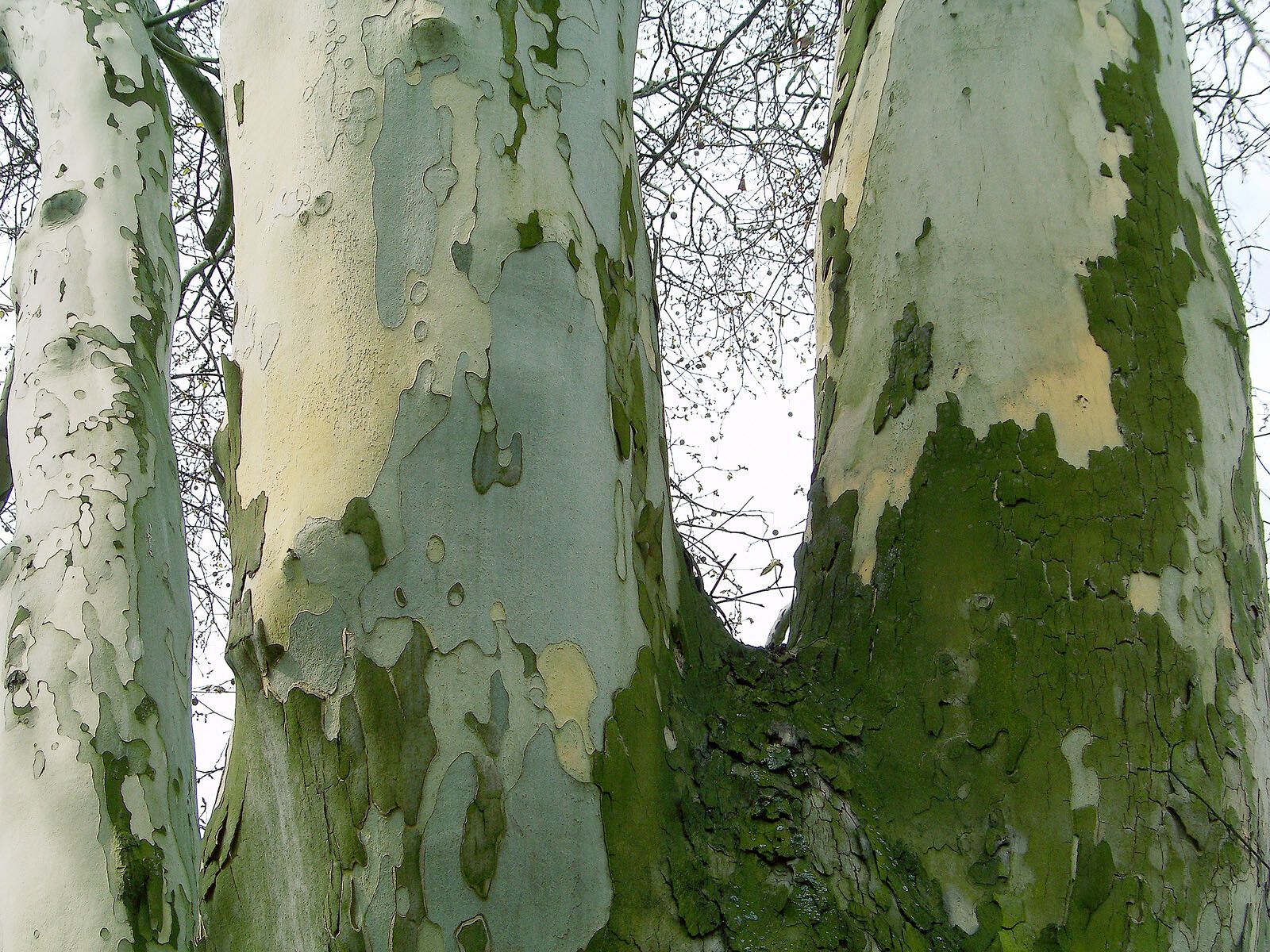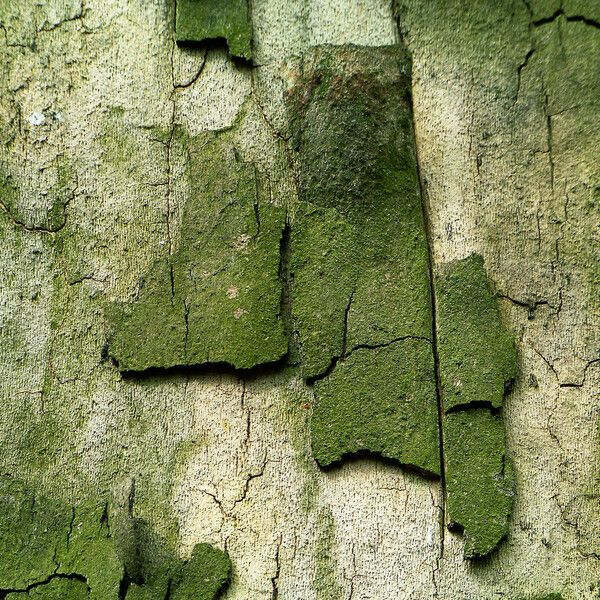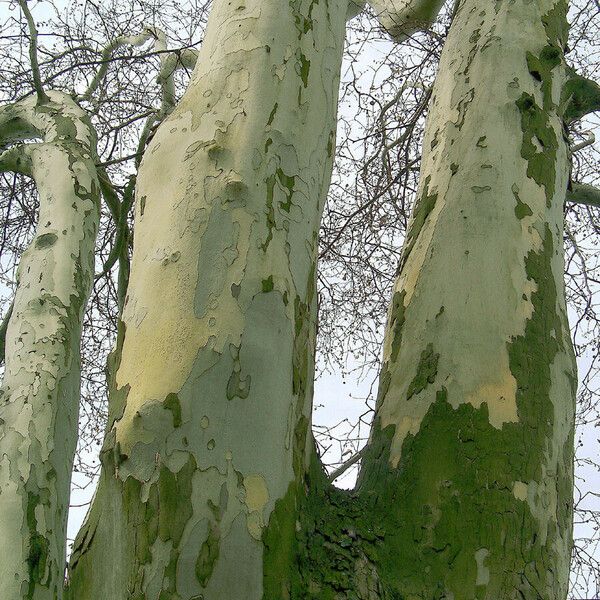Observation
Determination
Proposed determination
Most probable name (Submitted name)
100%Confidence score
Suggest another determination
You don’t agree with the suggested species but don’t have another suggestion
Comments
Additional data
Date created
27 Dec 2023
Last revised
27 Dec 2023
Łódź, Park Źródliska
It is native to the eastern and central United States, the mountains of northeastern Mexico, extreme southern Ontario, and possibly extreme southern Quebec.
Ornamental plant.
Edible plant - sweet sap is tapped in the spring and used in the preparation of syrup and sugar.
Herbal plant - the inner bark is astringent, diuretic, emetic and laxative, it has been used as a tea in the treatment of dysentery, coughs, colds, lung ailments, haemorrhages, measles, milky and difficult urination etc and also as a blood tonic; externally, it has been used as a wash on wounds, an infusion of the bark and roots has been used as a foot soak for treating rheumatism; the bark ooze has been used as a wash on infected sores and an infusion has been given in the treatment of infant rash; an infusion of the bark, mixed with honey locust bark (Gleditsia triacanthos), has been used as a gargle to treat hoarseness and sore throat.
Useful plant - a fairly wind resistant tree, it can be grown as part of a shelterbelt planting; the wood is coarse-grained, tough, strong, very durable, difficult to split.
Shared in
Groups (13)





